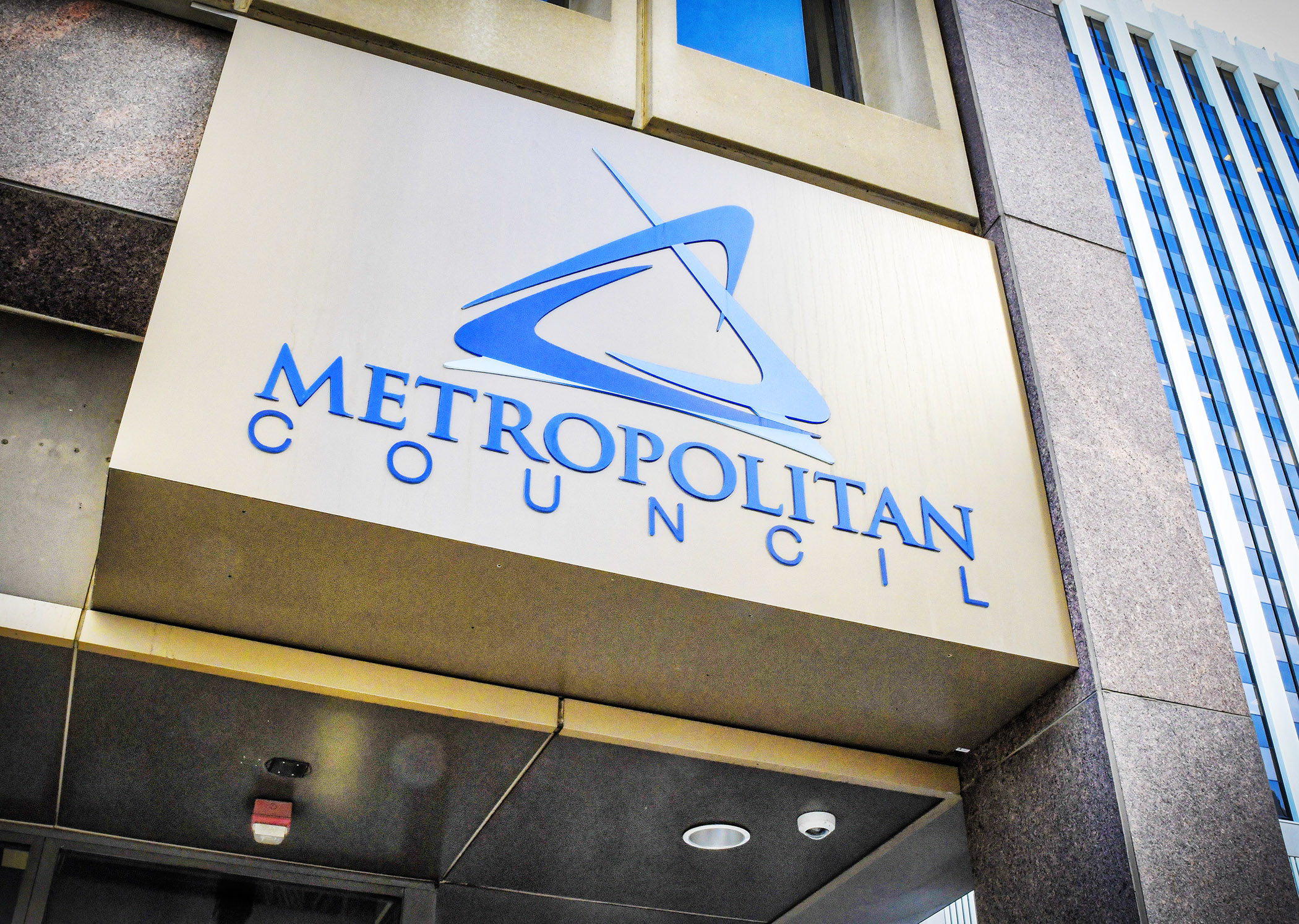Met Council reform measure met with House panel's approval

A 17-member unelected group has taxing authority and oversees some important planning for, but often not thought about, aspects of life in the seven-county Twin Cities metropolitan area, including wastewater infrastructure, parks, housing, zoning and transportation.
And all its members could be replaced at once.
Sponsored by Rep. Sandra Masin (DFL-Eagan), HF344, as amended, would stagger the four-year terms of Metropolitan Council members, so that, for appointments beginning Jan. 1, 2022, half the council would be appointed every two years.
Approved 6-2 Wednesday by the House Local Government Division, the bill now travels to the House State Government Finance and Elections Committee. There is no Senate companion.
Patricia Nauman, executive director of the Association of Metropolitan Municipalities, sees continuity of knowledge among council members as one reason to support the bill.
Rep. Steve Elkins (DFL-Bloomington) said only two board members remain who were appointed by former Gov. Mark Dayton. And the change from former Gov. Tim Pawlenty to Dayton resulted in just one carryover.
Additionally, current law requires the governor to appoint members at the start of his or her term meaning there could be ideological shifts depending on who is the state’s top elected official.
“This is a step in the right direction,” said Rep. Cheryl Youakim (DFL-Hopkins).
Anoka County Board Chair Scott Schulte said the bill represents “tinkering around the edges” of Metropolitan Council reform. “Public policies should be made by elected officials, not political appointees,” he said, noting all of the other 402 major regional planning organizations in the country have a majority of elected members.
He said the current setup provides “little if any opportunity” for local communities to have a meaningful voice in decisions that impact them. “The answer for credible, regional governance lies in greater democratization over the member appointment process.”
“The whole system does need to be changed,” Masin said. “… However, there have been several attempts to do major reform and they have not gotten anywhere. … This is a way to at least make an immediate change which will help somewhat.”
The bill would also restructure how people are nominated for membership.
It calls for the governor, Association of Metropolitan Municipalities and the Association of Minnesota Counties to each appoint five members to a nominating committee, which would then nominate non-binding finalist recommendations. The governor would need to provide a written explanation for rejecting the finalists.
“(These) are very important in order to help ensure greater buy-in from the region’s cities and counties,” Elkins said.
Related Articles
Search Session Daily
Advanced Search OptionsPriority Dailies
Ways and Means Committee OKs proposed $512 million supplemental budget on party-line vote
By Mike Cook Meeting more needs or fiscal irresponsibility is one way to sum up the differences among the two parties on a supplemental spending package a year after a $72 billion state budg...
Meeting more needs or fiscal irresponsibility is one way to sum up the differences among the two parties on a supplemental spending package a year after a $72 billion state budg...
Minnesota’s projected budget surplus balloons to $3.7 billion, but fiscal pressure still looms
By Rob Hubbard Just as Minnesota has experienced a warmer winter than usual, so has the state’s budget outlook warmed over the past few months.
On Thursday, Minnesota Management and Budget...
Just as Minnesota has experienced a warmer winter than usual, so has the state’s budget outlook warmed over the past few months.
On Thursday, Minnesota Management and Budget...